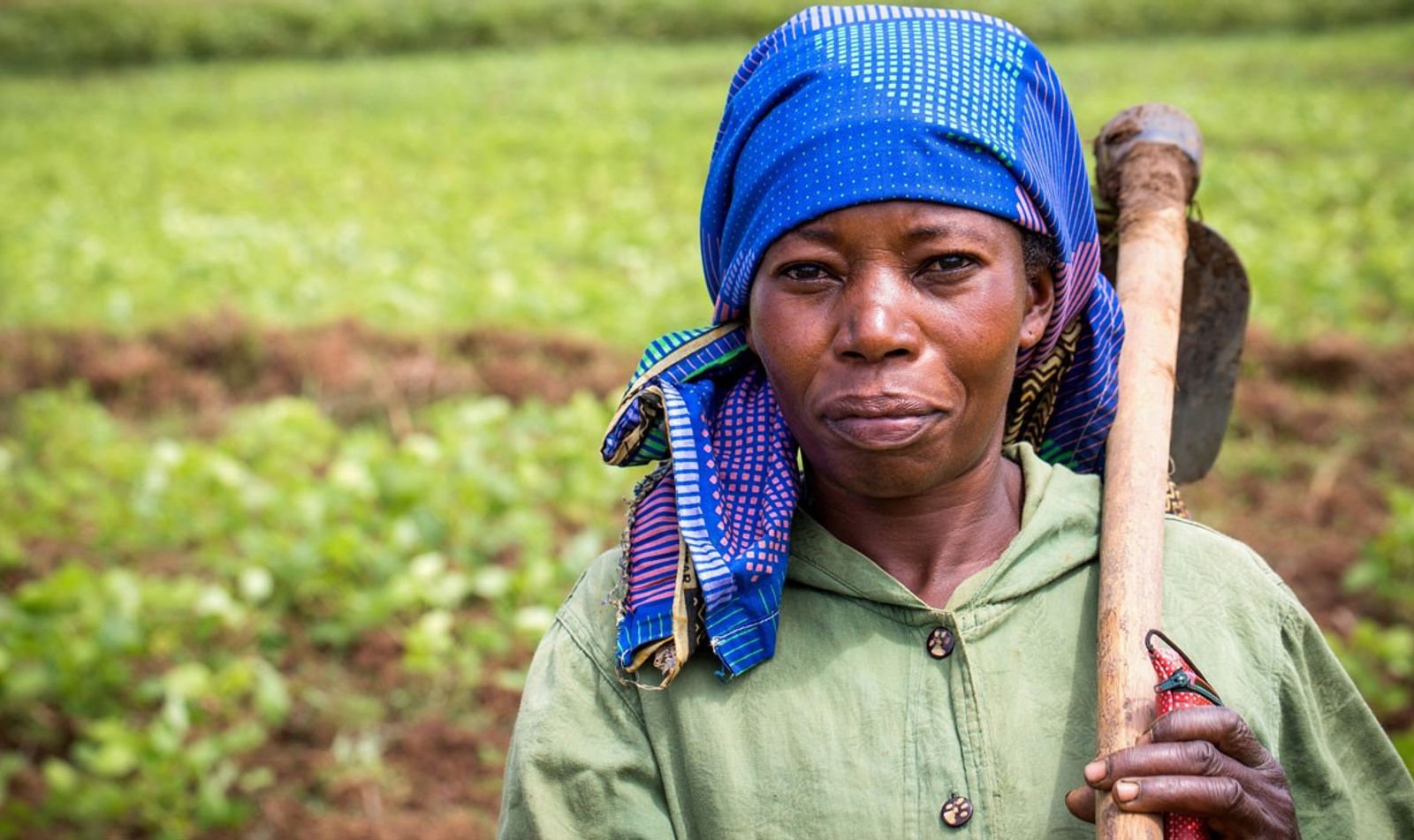
North Kivu and South Kivu are among the regions most affected by the numerous conflicts which still reign over a large part of the Democratic Republic of Congo (DRC). A large part of the population had to flee the region to escape the clashes between the different armed groups. As the region lives mainly from agriculture, many farmers have been forced to abandon their land to take refuge in internally displaced persons camps in the DRC or in Uganda and Tanzania.
Some of these rural farmers are now preparing to return to their villages after several months or even several years of exile. Faced with these returns, a positive step towards stabilization of the region, the United Nations World Food Program (WFP) nevertheless believes that after such a long period of absence and inactivity, farmers have often lost "their know-how". to do and their tools. To remedy this, the WFP and the Food and Agriculture Organization of the United Nations (FAO) have joined forces to implement a project aimed at supporting farmers in rebuilding their activity.
Funded to the tune of 35 million euros by Germany, the project aims to promote peace between communities. To do this, UN agencies are undertaking to (re)train rural farmers in their profession; and to increase the profitability of their work through the teaching of the best techniques concerning drying of crops, storage, milling and especially marketing in order to optimize their income.
“In post-conflict zones, people returning home face enormous difficulties. A shortage of resources and economic opportunities often fuels frustrations that can trigger further violence in a region where millions have already died in successive waves of violence,” explains the WFP.
TOWARDS EMPOWERMENT OF WOMEN
The two agencies also believe that the stabilization of the region can only be ensured by encouraging women to take a real place in society. This economic development project therefore includes a women’s empowerment component. This empowerment initially involves a series of microfinancing of their activities and above all through a teaching phase with literacy and calculation courses in order to promote their independence.
The situation of women in the DRC is monitored very closely by the UN, which also created UN Women in 2010. This entity is very active in the country where women's rights remain quite limited. Thus, UN Women focuses on five areas of development:
Women's political participation and female leadership
Economic Empowerment of Women
Fight against sexual and gender-based violence
Governance, Peace and Security
Gender integration in policies and programs
In a context where the number of internally displaced citizens has doubled since 2015 and today reached almost 4 million (including 1.5 from the Kivus) across the country, this project aims to bring “hope and perspective » to those who seek to rebuild themselves.
By: Juliette Heuzebroc
Find Juliette Heuzebroc on Twitter.
Seen
Like
Comments
Fans